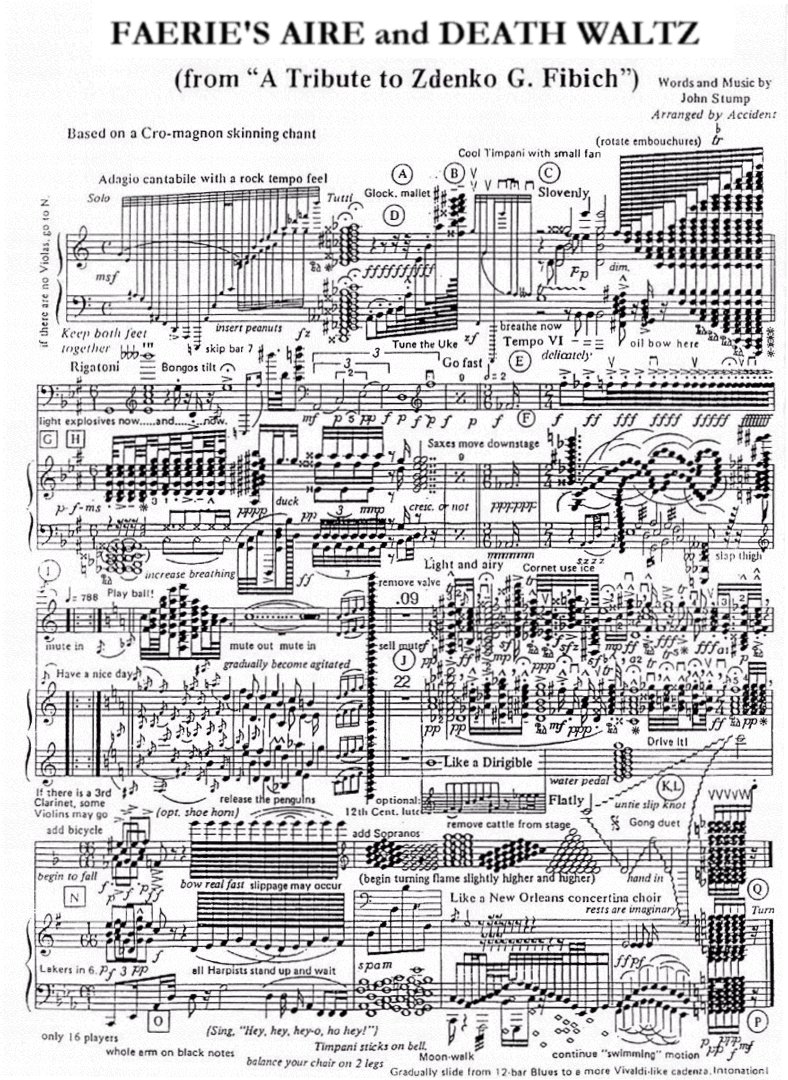This is absolutely true, and please, for the love of God, don't just listen to some cheap "The most beautiful Classical pieces" (or whatever they're called) compilations. They usually just consist of the overplayed stuff almost everyone knows anyways and the interpreters are usually not ideal. (there are some good compilations of course, but if you look for some Classical piece on Spotify for instance, you'll often find the most popular result to be from some cheap compilation and that kind of bugs me) Usually, looking for a piece on Amazon or Wikipedia (usually under "notable interpretations") will yield good results. Soon, you'll have a list of go-to names of interpreters that you can trust with a lot of stuff.
On the actual music.. as already mentioned, there's just so much stuff. The history of Classical music actually begins with the Gregorian chant, 10th century. It's really a lifetime worth of music (or more), and that can be a little intimidating at first, but also awesome because you can basically listen to new music whenever you feel like it and almost all of it (that people still listen to nowadays) is great music.
I've recently started listening to Brahms' chamber music a lot more. If you have Spotify,
This is the album I'm listening to right now. (the Amadeus Quartet's recordings of Brahms complete String Quartets, Quintets and Sextets) I'm currently enjoying the Clarinet Quintet and the second String Quintet a lot. (that Cello solo at the start is godly)


